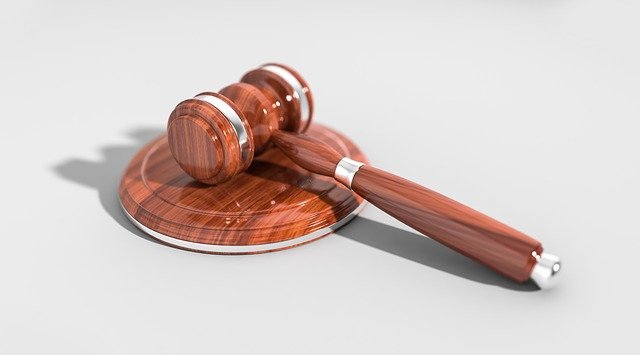In the legal landscape, intellectual property law forms an ever-changing sector. One of the most valuable assets to handle this complex area is the right legal advice. It will not only protect business owners’ creations, and branding but also the innovative ideas will be preserved.
What does IP law protect?
Intellectual property (IP) law protects a wide range of intangible assets. These assets can be protected through a variety of legal mechanisms, including patents, copyrights, trademarks, and trade secrets. These various forms of intellectual property are governed by different sets of laws and regulations.
Copyright law protects original works of authorship, such as books, movies, music, and artwork. Copyright law gives the creator of a work the exclusive right to reproduce, distribute, perform, display, or license the work.
Patent law protects inventions and allows the inventor to exclude others from making, using, or selling the invention for a certain period of time. A patent gives the inventor the exclusive right to exploit the invention and prevents others from infringing on the patent.
Trademark law protects trademarks, which are words, phrases, symbols, or designs that identify and distinguish the source of goods or services. Trademark law prevents others from using a trademark that is identical or confusingly similar to your trademark.
Trade secret law protects information that is not generally known and that gives a business an advantage over its competitors. Trade secret law prevents others from acquiring, using, or disclosing your trade secrets without your permission.
Steps to secure your IP rights
The first step in securing your intellectual property rights is to identify what assets you have that are eligible for protection. These assets can include inventions, designs, brands, and creative works such as books, movies, and music. Once you have identified your intellectual property, you can start the process of registering it with the appropriate legal authorities.
The second step in securing your intellectual property rights is to register your intellectual property with the appropriate legal authorities. This step is important because it gives you a legal record of your ownership of the intellectual property and can help you prove your ownership if there is ever a dispute.
The third step in protecting your intellectual property is to prevent others from infringing on your rights. You can also use contractual agreements, such as licensing agreements, to prevent others from infringing on your rights.
The fourth step in protecting your intellectual property is to enforce your rights against infringers. This can be done by filing a lawsuit or seeking an injunction from a court. If you win your case, the infringer may be ordered to stop using your intellectual property and may be required to pay damages.
The fifth and final step in protecting your intellectual property is to seek professional help when necessary. This step is important because intellectual property law can be complex and confusing. If you have any questions or concerns about your intellectual property rights, you should contact a qualified intellectual property attorney for help.
By following these steps, you can help to secure your intellectual property rights and prevent others from infringing on your rights.
Why do you need an Intellectual Property Lawyer?
IP rights are complex and sensitive, so it is important to have an experienced intellectual property lawyer to help you navigate the maze of the law and protect your rights. A legal professional can help you with a variety of legal issues, including registering your intellectual property, enforcing your rights against infringers, and seeking damages from infringers.
There is more than the initial legal process to protect your work. Your lawyer can also help you develop a strategy to protect your intellectual property in the future. This may include developing a licensing program or registering your work with international organizations. An experienced intellectual property lawyer can help you secure your rights and prevent others from infringing on them.
You may also need help commercializing your intellectual property. A lawyer can help you negotiate licenses and royalty agreements, and can advise you on marketing and advertising your work. If you are selling or licensing your intellectual property, a business lawyer can help you draft contracts that protect your rights and prevent others from infringing on them.







